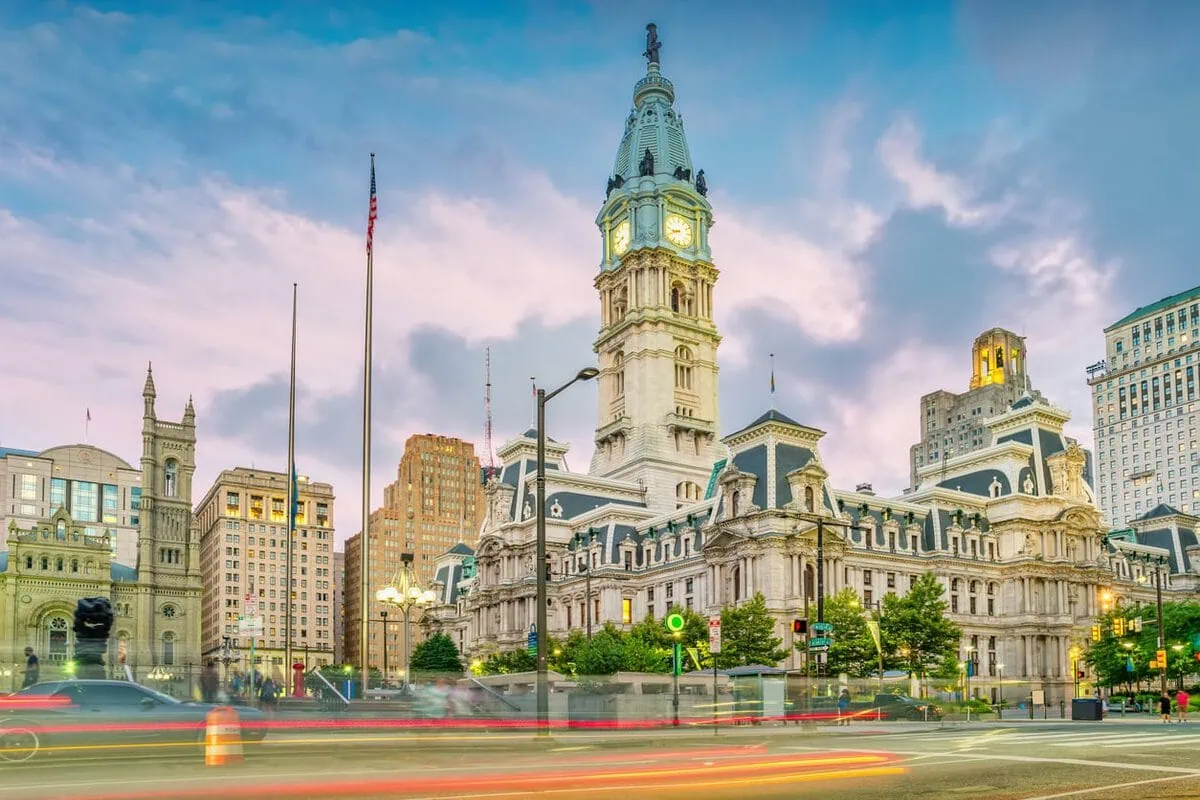Philadelphia, known as the birthplace of American democracy, played a pivotal role in shaping the future of the United States. While its contributions to the Revolutionary War and the drafting of the Constitution are well-documented, one of its most enduring legacies is its historic printing industry. This industry not only facilitated the spread of revolutionary ideas but also laid the groundwork for the free press that is integral to American society today. Let’s delve into how the printing industry in Philadelphia helped shape the future of the United States.
The Birth of American Printing
The printing industry in Philadelphia dates back to the early 18th century, with the arrival of William Bradford in 1685. Bradford established the first printing press in the city, marking the beginning of a vibrant and influential industry. By the mid-18th century, Philadelphia had become the leading center for printing in the American colonies, thanks to its strategic location, thriving economy, and the presence of forward-thinking individuals who recognized the power of the printed word.
Benjamin Franklin: The Printer and Patriot
No discussion of Philadelphia’s printing history would be complete without mentioning Benjamin Franklin. Arriving in Philadelphia in 1723, Franklin quickly established himself as a master printer. His print shop became a hub of activity, producing a wide range of materials, including newspapers, pamphlets, books, and almanacs. One of his most notable publications was the Pennsylvania Gazette, which became one of the most successful newspapers in the colonies.
Franklin’s printing press was more than just a business; it was a platform for spreading revolutionary ideas. He used his publications to advocate for colonial unity, self-governance, and independence from British rule. His work helped to educate and mobilize the colonists, making the case for independence and preparing the ground for the Revolutionary War.
The Role of Printing in the American Revolution
The printing industry in Philadelphia played a crucial role in the American Revolution. Printers in the city produced a vast array of pamphlets, broadsides, and newspapers that disseminated revolutionary ideas and news. One of the most influential works was Thomas Paine’s “Common Sense,” printed in Philadelphia in 1776. This pamphlet made a compelling case for independence and was widely read, helping to galvanize public support for the revolutionary cause.
Philadelphia’s printers also played a key role in the communication network that connected the colonies. They printed and distributed news of battles, proclamations, and other important information, keeping the colonists informed and united in their struggle for independence.
Printing and the Founding Documents
Philadelphia’s printing industry was instrumental in the creation and dissemination of the founding documents of the United States. In 1776, the Second Continental Congress convened in Philadelphia and adopted the Declaration of Independence. John Dunlap, a Philadelphia printer, was tasked with printing the first copies of this historic document, which were then distributed throughout the colonies and read aloud to the public.
Later, in 1787, the Constitutional Convention met in Philadelphia to draft the United States Constitution. Once again, the city’s printers played a vital role, producing copies of the Constitution for the delegates and the public. This ensured that the new framework of government was accessible to all and facilitated informed debate and ratification.
The Legacy of Philadelphia’s Printing Industry
The impact of Philadelphia’s printing industry extends far beyond the Revolutionary War and the founding of the United States. It established the city as a center of intellectual and cultural life, fostering a tradition of free speech and a vibrant press. This legacy continues to influence American society today, as the principles of a free press and the dissemination of information remain cornerstones of democracy.
Philadelphia’s printers laid the groundwork for the nation’s publishing industry, which has grown into a global powerhouse. Their pioneering spirit and dedication to the power of the printed word have left an indelible mark on American history.
The historic impact of printing in Philadelphia is a testament to the power of the printed word in shaping the course of history. From the early days of colonial America to the birth of a new nation, Philadelphia’s printers played a crucial role in spreading revolutionary ideas, informing the public, and laying the foundations of American democracy. Their contributions continue to resonate today, reminding us of the enduring importance of a free and vibrant press in a democratic society.
Request a Quote
Over the years we have accumulated a lot of knowledge about how to create compelling impactful marketing communications. We are here to answer any questions you might have or offer guidance to help take your project from good to GREAT! Give us a call today.
